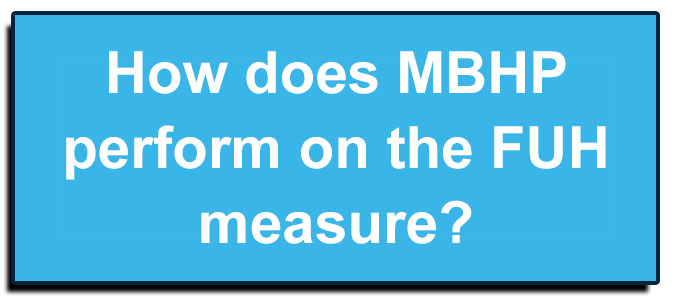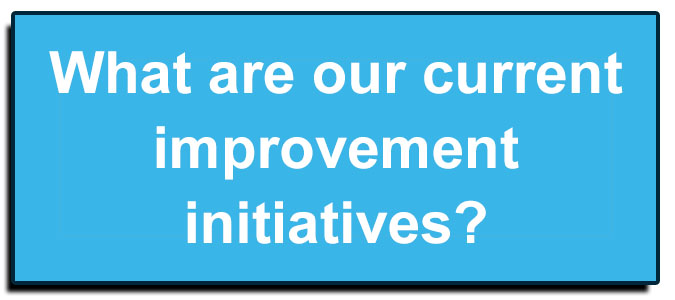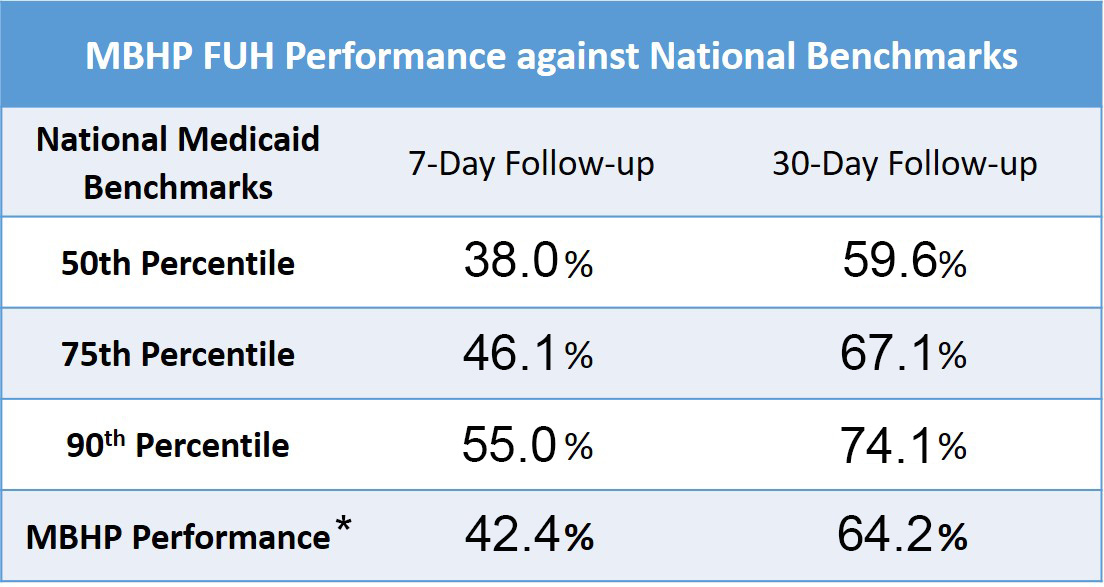| • |
Schedule an appointment before discharging a Member from a mental health hospitalization. |
| • | Discuss the Member’s treatment plan with them at discharge. |
| • | Begin discharge planning at admission. |
| • | Arrange a transition visit for the Member at the time of discharge.
Transitional services address the many barriers that prevent
Members from successfully seeking and receiving care. |
| • | Link
the Member to a Community Support Program (CSP) provider while the
Member is on the inpatient unit. Members should be connected to a
CSP in their region, regardless of the location of the inpatient admission. |
| • | Encourage
the Member to sign a Release of Information form so that you can
communicate with other providers who share in the care of your
Member. |
| • | Work with the Member’s natural supports to assist in their aftercare. |






